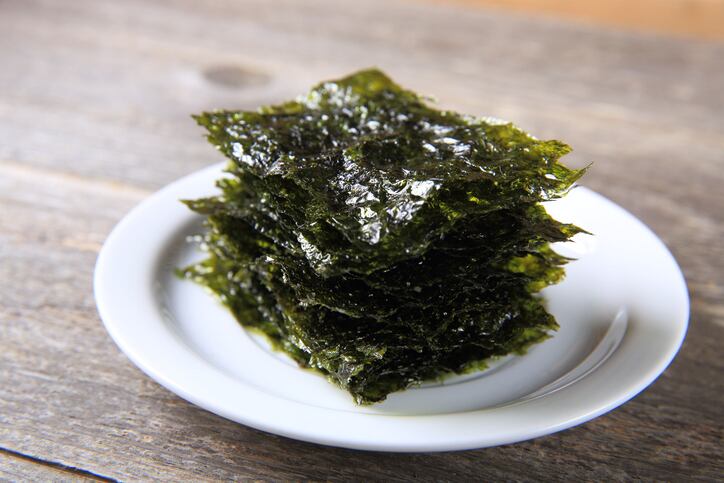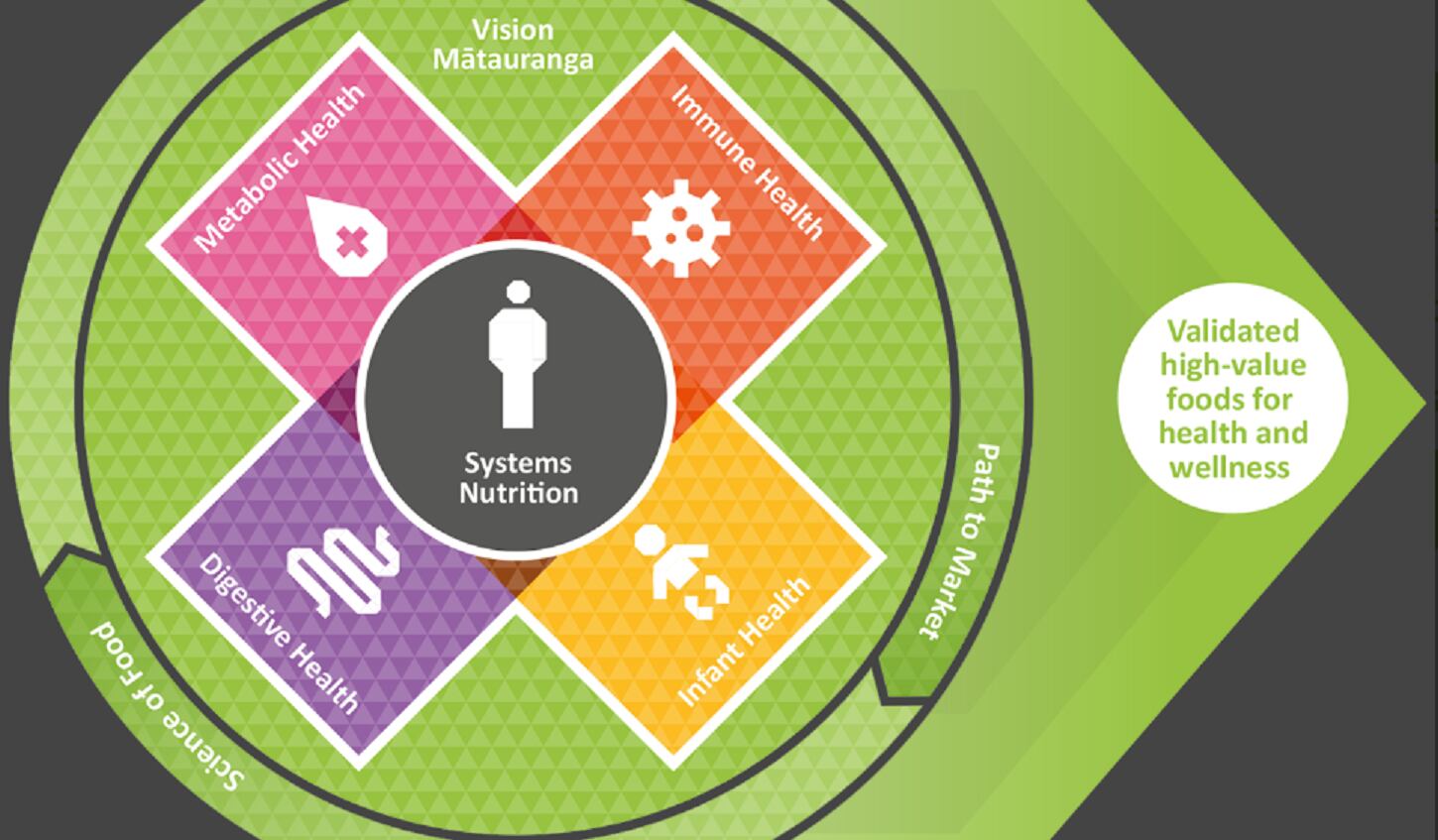The findings were revealed after researchers examined the relationship between asthma and dietary intake of fish, seaweeds, and fatty acids.
They found that a high ratio of n-3 to n-6 polyunsaturated fatty acids (PUFA) and high seaweed consumption were inversely associated with asthma prevalence.
The researchers believe this is the first such cross-sectional study on fish and fatty acid consumption in relationship to the prevalence of asthma in Korea.
The findings were published in the journal, Nutrients.
Dietary recall and health questionnaire
The research involved 13,038 participants from the nationwide Korea National Health and Nutrition Examination Survey 2013 to 2016 (KNHANES), aged 19 to 64 years.
The participants were tasked to complete a health examination and nutrition survey.
In the health examination survey, participants were asked to describe their asthma type, whether doctor-diagnosed asthma (self-reported) or medication prescribed asthma (oral and inhaled asthma medications within the past 12 months).
A 24-hour dietary recall was used to estimate dietary intake of the participants. There were eight food groups including cereals/potatoes/sugar products, beans/nuts/seeds, meats and eggs, fishes and shellfishes, milk and dairy products, fruits and vegetable, mushrooms, and seaweeds.
Using the same data, dietary fatty acids intakes including saturated fatty acid (SFA), monounsaturated fatty acids (MUFA), PUFA, omega-3 (n3) fatty acids, omega-6 (n6) fatty acids, eicosapentaenoic acid (EPA), docosahexaenoic acid (DHA), cholesterol were also calculated.
Seaweed and fish findings
In seaweed intake, the study found with the highest consumption of seaweed (Q4, >7.47g), the OR for doctor-diagnosed asthma was 0.66 compared to the lower consumption (Q2, <1g), with an OR of 0.78 (p=0.03).
In medication-prescribed asthma, the OR for participants in Q4 was 0.37, compared to Q2’s 0.82 (p<0.0001).
This meant that there was a significant inverse association between seaweed consumption and both types of asthma.
For fish intake, adults in the highest quartile (OR = 0.63, >24.01g) showed decreased prevalence of doctor-diagnosed asthma than those in the lower quartile (OR = 0.78, <2.49g), although it was not significant (p=0.0637).
Dietary fatty acid
Multiple logistic regression analysis also showed a negative association between specific dietary fatty acid and asthma.
Adults in the highest quartile of n3/n6 (OR = 0.47, >0.19g) was inversely associated (p=0.0563) with medication prescribed asthma compared to the lower quartile of n3/n6 (OR = 0.61, 0.10-0.13g).
This suggested that the ratio of n-3/n-6 PUFA in the highest quartile showed a decrease in the prevalence of asthma.
Controversial studies
Drawing past studies as comparisons, researchers said epidemiological research on fish and fatty acid dietary intake on asthma risk were controversial and inconclusive.
For instance, Miyamoto et al. reported that fish consumption and the ratio of n-3/n-6 PUFA, had significant inverse relationships with the prevalence of asthma in Japanese young adults.
Another study of the 20-year follow-up longitudinal analysis among American young adults showed as well that intake of long-chain n-3 PUFAs was inversely associated with the prevalence of asthma.
However, Nagel and Linseisen reported that high dietary intakes of oleic acid and margarine were positively associated with the risk of asthma in adults.
Researchers explained that n-6 PUFAs in margarine and vegetable oil are converted into arachidonic acid, which can produce pro-inflammatory metabolites such as prostaglandins and leukotrienes.
On the other hand, anti-inflammatory precursors such as resolvins, protectins, and maresins are converted from n-3 fatty acid.
“Therefore, it is still controversial whether the intakes of n-3 PUFAs and fish can reduce the risk of asthma or whether the intake of n-6 PUFAs can increase the risk of asthma,” they said.
Limitations
The researchers acknowledged several limitations to their study design.
“First, the prevalence of asthma could not be confirmed due to the self-administered survey as opposed to standardised measures,
“Second, we could not assess an accurate causal association between the intake of fish and n-3 PUFAs and the risk of asthma because of the cross-sectional design,
“Third, we could not calculate the actual intake of fish and n-3 PUFAs from the participants’ diet, because we could only collect the one-day 24-h recall data,” they said.
However, they explained that these results might have important implications for public health in the future, since it included a nationwide representative population-based sample of Korean origin.
Based on this study, they recommended that further clinical research be conducted to determine the relationship between asthma and diet with certainty.
Source: Nutrients
https://doi.org/10.3390/nu11092187
“Asthma and Dietary Intake of Fish, Seaweeds, and Fatty Acids in Korean Adults”
Authors: Eun-kyung Kim and Se-Young Ju




